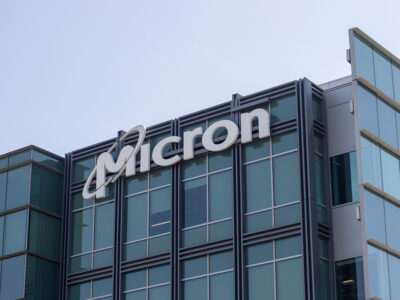Ahead of GITEX Business Solutions, ArabianBusiness.com analyses the rapid rise of Indian IT software firms in the Middle East including GITEX exhibitors Wipro and Satyam Computer Services.
Indian software company Wipro has announced plans to establish a development centre in Egypt from where it will target services at Middle East and global businesses.
The company said it would provide software development, integration and consulting services from the centre, which is to be located in Smart Village – a 450-acre business park for IT and telecom companies in Cairo.
Wipro is the second Indian software company to set up a development centre at Smart Village, created as part of the Egyptian government’s strategy to turn the country to a hub for IT and telecom services.
Satyam Computer Services announced in December last year it would start operations out of the business park, offering software development and support to its Middle East customers.
Economic boom
The influx of Indian firm into the Arab world is a sign of the huge revenue potential the region holds for these companies, thanks to the explosive economic growth many countries in the region are experiencing.
The UAE recently revised up its 2006 economic growth rate to 9.4% on faster expansion in the oil and gas sector, and Saudi Arabia, the largest economy in the GCC, posted annual GDP growth of around 5% last year.
The economies of the GCC as a whole have all been buoyed by soaring oil prices, which how hover above $70 a barrel compared to just $25 a barrel in 2003.
This growth has had a knock-on effect on companies servicing the region.
In 2004 Wipro saw its Middle East and Asia Pacific business grow by 85% compared to the previous year, and by 28% the following year.
Other companies are reporting just as impressive increases in revenue.
Satyam’s business is growing by around 70% year-on-year in the Middle East alone, and TCS has been almost doubling the revenue its makes from the region every 12 months.
These companies have also been expanding geographically as well.
Where previously firms would just have a small office in Dubai serving the entire region, the likes of Wipro and Satyam have sites across the GCC and beyond in an effort to more effectively tap into local markets.
Rising wages
The move by Indian software companies to set up not just regional offices, but development and support centres as well, also reflects the growth of India’s economy, which stood at over 9% last year, and the rapidly increasing cost of labour there.
The salaries of IT professionals in India have soared in the last few years.
Last year over half of India’s IT employees saw their salaries increase by at least 10%, with the top 10% of the workforce receiving an average rise of more than 40%, according to research by US business advisory firm Deloitte.
This has forced Indian companies to look to places like China and Egypt to sub-contract parts of their operation out to, where wages are lower.
Egypt has been very active it trying to capitalise on the problem currently facing Indian IT companies.
In addition to cheaper overheads, the North African country shares a time zone with Europe, is in closer proximity to the US and has a multilingual workforce, all of which Indian companies could benefit from.
Egypt’s government even sent a delegation to India to persuade its counterpart to sub-outsource its outsourcing, and has signed a number of agreements with India’s government and key players in the industry, such as Wipro and Satyam.
Wipro will be at exhibiting at GITEX 2007 at stand WS-20 & WS-21, Hall 5.
Satyam Computer Services will be exhibiting at GITEX 2007 at stand D6-10, Hall 6 and stand WS-31, Hall 5.







